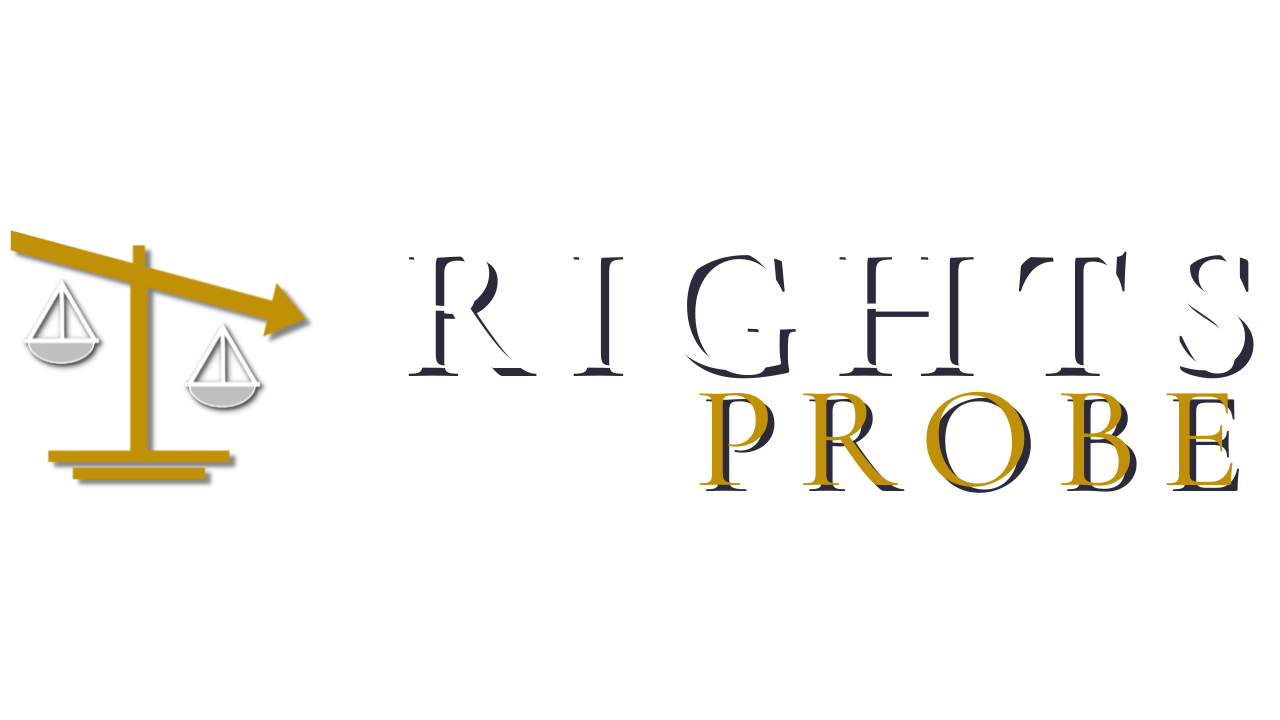Dred Scott, politics, and the “living” constitution
By Wanjiru Njoya | Published by Lew Rockwell.com
In a 2022 article titled “Will the U.S. Supreme Court ever get around to overruling the shame of Dred Scott?” the surprising proposition is advanced that the 1857 Dred Scott case is “still precedent” in the United States, and that “racist lawyers and racist judges can (blatantly or discreetly) rely on it in their arguments and rulings.” Like President Biden’s Antilynching Act of 2021, we are asked to believe that the injustices of past centuries are still in operation and new laws are needed to eradicate them.
Summary
The Walter E. Williams Research Fellow for the Mises Institute, Wanjiru Njoya looks at the ongoing debate between originalists, who interpret the Constitution based on its original meaning, and those who view it as a "living" document that evolves with societal changes.
Her argument against judicial activism and the "living tree" doctrine is exemplified by Canadian law professor Bruce Pardy's critique of Supreme Court justices like Rosalie Abella. Professor Pardy points out that the "living tree" justification for judicial activism, where judges resolve contested moral and social values, is comparatively recent. For centuries, the role of judges was to interpret the law as it is, not as they think it ought to be.
Pardy observes:
Justice Brian Dickson, later the Supreme Court’s chief justice, in a 1978 decision, rejected the notion that the court should weigh political and socio-economic issues, which would necessarily reflect judges’ personal beliefs. He cited U.S. Supreme Court Justice Benjamin Cardozo, who wrote in 1921 that a judge “is not to innovate at pleasure. He is not a knight errant, roaming at will in pursuit of his own ideal of beauty or of goodness.”
This was one of the key issues in the Dred Scott case. The legal issue was not whether slavery is morally abhorrent, but whether it was prohibited by the Constitution.
Njoya discusses the historical context of the 1857 Dred Scott case, which culminated in a Supreme Court ruling that reflected the original meaning of the Constitution at the time, which did not consider slaves as citizens. The majority opinion, led by Chief Justice Roger B. Taney, argued that the Constitution's original intent must be upheld, despite the moral abhorrence of slavery.
Njoya critiques the notion that courts should disregard the Constitution when addressing past injustices, as seen in the push for new laws such as President Biden’s Antilynching Act of 2021. She emphasizes the importance of constitutional interpretation and the rule of law, rather than allowing judges to impose their personal beliefs. A principled approach to constitutional interpretation, she argues, is needed to distinguish between moral opposition to past injustices and the legal framework that governs such issues:
Abolitionists like Lysander Spooner had a more principled position than contemporary hypocritical neo-Puritans. While Spooner regarded slavery as morally wrong, it did not follow that he agreed with the subsequent war of Northern aggression. Spooner regarded it as morally wrong to wage wars of aggression, regardless of the alleged good motives of the aggressor. Other libertarians, including Murray Rothbard, take the same view as Spooner. Moral wrongs are not “total” in the sense that once a wrong has been established it justifies the perpetration of further wrongs, otherwise injustice would merely precipitate further and more egregious injustices. This explains why Spooner did not simply argue that slavery was morally wrong, but rather sought to show that it was also unconstitutional. He made the effort, which is the only approach compatible with the rule of law, to distinguish his moral opposition to slavery and his opposition to the majority view of its constitutionality, from the question of the justice of Lincoln’s war.
For the original, full-text version of this opinion piece, see the publisher’s website here.
Further Reading
Rosalie Abella was shameless in making up the law and mainstreaming judicial activism
Follow our journey.
Subscribe to our newsletter: rightsprobe@protonmail.com
